
-
 play_arrow
play_arrow
The Ultimate Guide to Tea Brewing Mr. Tea Talk
-
 play_arrow
play_arrow
A Comprehensive Review of 3 Must-Have Tea Products on Amazon Mr. Tea Talk
-
 play_arrow
play_arrow
The Ultimate Guide to the Best Tea Essentials on Amazon: Kettles and Teapots You’ll Love Mr. Tea Talk
-
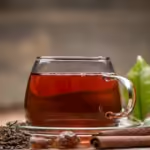 play_arrow
play_arrow
The Best Teapots for Tea Lovers: Silver vs. Borosilicate Glass Mr. Tea Talk
- Home
- keyboard_arrow_right Tea & Health
- keyboard_arrow_rightTea & Health
- keyboard_arrow_right Tea: The Antioxidant Powerhouse

Tea: The Antioxidant Powerhouse for Health and Vitality. Tea stands out not only as a beloved beverage but also as a potent source of antioxidants that contribute to overall health and vitality. From green tea’s catechins to black tea’s theaflavins, the antioxidant properties of tea have been extensively studied and celebrated for their potential health benefits. In this exploration of “Tea: The Antioxidant Powerhouse,” we delve into the scientific insights and traditional wisdom behind how tea’s antioxidants can support your well-being. Discover the different types of tea and their unique antioxidant profiles, and learn how incorporating tea into your daily routine can help protect cells from oxidative stress and promote a healthier, more vibrant you. Join us as we uncover the colorful world of tea and its potential to nurture your body inside and
Understanding Free Radicals and Antioxidants
What Are Free Radicals?
Free radicals are unstable molecules with an unpaired electron, making them highly reactive. They are naturally produced in our bodies through normal metabolic processes, such as energy production. However, external factors like pollution, radiation, smoking, and unhealthy diets can increase their levels. When free radicals accumulate, they can cause oxidative stress, a state where the body’s antioxidant defenses are overwhelmed, leading to cellular damage. This oxidative damage is linked to various chronic conditions, including heart disease, cancer, and neurodegenerative disorders.
How Do Antioxidants Work?
Antioxidants are molecules that can donate an electron to free radicals without becoming unstable themselves, effectively neutralizing them and preventing cellular damage. Our bodies produce some antioxidants naturally, but we also rely on dietary sources to maintain optimal levels. This is where tea comes into play.

The Antioxidant Properties of Tea
Tea, derived from the Camellia sinensis plant, is rich in polyphenols, a group of powerful antioxidants. The main types of tea—green, black, oolong, and white—differ in their processing methods, which affects their antioxidant content and composition.
Green Tea
Green tea is minimally processed, preserving most of its natural polyphenols, particularly catechins. The most abundant and studied catechin in green tea is epigallocatechin gallate (EGCG). EGCG is known for its potent antioxidant activity, which can help reduce inflammation, lower blood pressure, and protect against heart disease.
Black Tea
Black tea undergoes a fermentation process that oxidizes its polyphenols, converting catechins into theaflavins and thearubigins. These compounds still possess strong antioxidant properties, though they differ from those in green tea. Black tea has been associated with improved heart health, reduced cholesterol levels, and enhanced gut health.
Oolong Tea
Oolong tea is partially fermented, giving it a unique combination of catechins, theaflavins, and thearubigins. This blend of antioxidants offers a range of health benefits, including improved metabolism, weight management, and heart health.
White Tea
White tea is the least processed of all teas, retaining a high concentration of catechins and other polyphenols. It has a delicate flavor and is known for its exceptional antioxidant properties, which can help protect the skin, boost the immune system, and reduce the risk of chronic diseases.
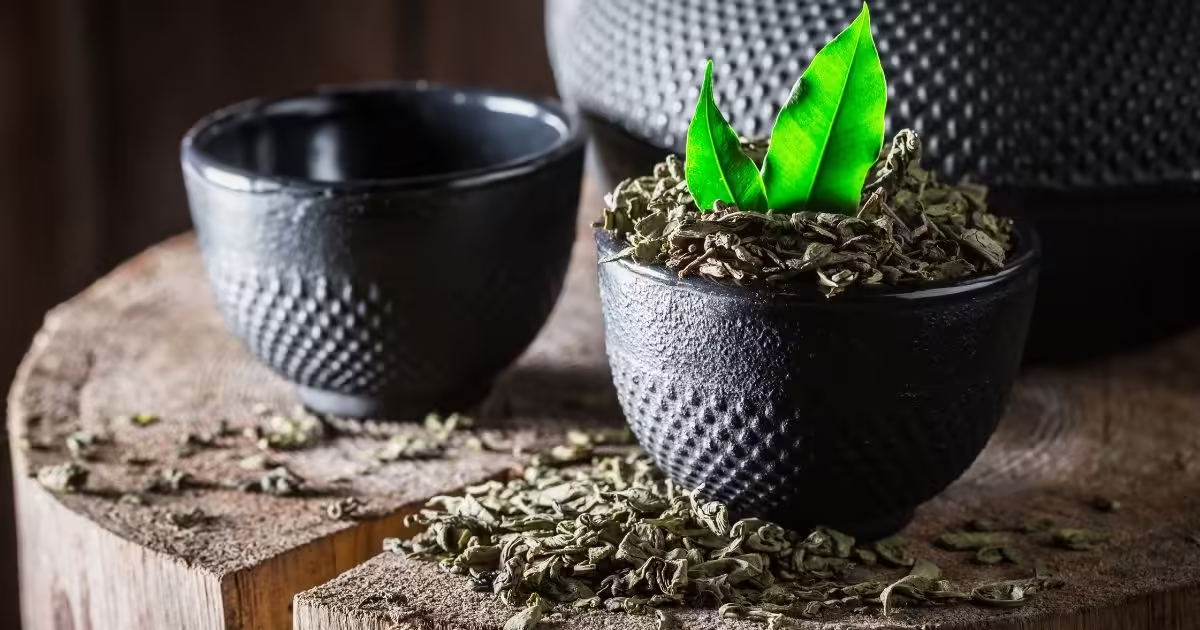
Health Benefits of Tea’s Antioxidants
Cardiovascular Health
One of the most well-researched benefits of tea’s antioxidants is their positive impact on cardiovascular health. The polyphenols in tea can help reduce the risk of heart disease by:
-
- Lowering Blood Pressure: Regular consumption of tea, particularly green and black tea, has been shown to reduce blood pressure, a major risk factor for heart disease.
- Improving Cholesterol Levels: Tea’s antioxidants can help lower LDL (bad) cholesterol and increase HDL (good) cholesterol, promoting a healthier lipid profile.
- Enhancing Blood Vessel Function: Polyphenols improve the function of the endothelium, the inner lining of blood vessels, which helps maintain vascular health and prevent atherosclerosis.
Cancer Prevention
The antioxidant properties of tea may also play a role in cancer prevention. EGCG and other polyphenols can help inhibit the growth of cancer cells and promote apoptosis (programmed cell death) in various types of cancer, including breast, prostate, and colorectal cancers. While more research is needed to fully understand tea’s anti-cancer potential, existing studies suggest that regular tea consumption can contribute to a lower risk of developing certain cancers.
Neuroprotective Effects
Tea’s antioxidants can also benefit brain health. The polyphenols in tea, particularly EGCG, have been shown to:
-
- Protect Neurons: Antioxidants help reduce oxidative stress in the brain, protecting neurons from damage and potentially lowering the risk of neurodegenerative diseases like Alzheimer’s and Parkinson’s.
- Improve Cognitive Function: Regular tea consumption has been linked to better cognitive performance, including improved memory, attention, and processing speed.
- Enhance Mood and Reduce Stress: Theanine, an amino acid found in tea, works synergistically with polyphenols to promote relaxation, reduce stress, and enhance mood.
Skin Health
The antioxidants in tea can also contribute to healthier skin. Polyphenols help protect the skin from damage caused by UV radiation, pollution, and other environmental factors. Regular tea consumption can:
-
- Reduce Inflammation: The anti-inflammatory properties of tea’s antioxidants can help soothe skin conditions like acne, eczema, and rosacea.
- Promote Anti-Aging: By neutralizing free radicals, tea’s antioxidants can help reduce the appearance of fine lines, wrinkles, and other signs of aging.
- Enhance Skin Elasticity: Tea polyphenols can improve skin elasticity and hydration, contributing to a more youthful and radiant complexion.
Weight Management
Tea, particularly green tea, has been associated with weight management and metabolic health. The catechins in green tea can:
-
- Boost Metabolism: Green tea can increase thermogenesis (the body’s production of heat), which helps burn more calories.
- Enhance Fat Oxidation: Catechins promote the breakdown of fat, aiding in weight loss and reducing body fat.
- Improve Insulin Sensitivity: Regular green tea consumption can enhance insulin sensitivity, reducing the risk of type 2 diabetes and promoting better blood sugar control.
Immune System Support
Tea’s antioxidants can also support the immune system, helping the body fight off infections and stay healthy. The polyphenols in tea can:
-
- Enhance Immune Response: Tea antioxidants can improve the activity of immune cells, making the body more effective at combating pathogens.
- Reduce Inflammation: By lowering inflammation, tea can help the immune system function more efficiently and reduce the risk of chronic diseases.
- Provide Antimicrobial Effects: Some polyphenols in tea, particularly EGCG, have been shown to have antimicrobial properties, helping to prevent infections and support overall immune health.
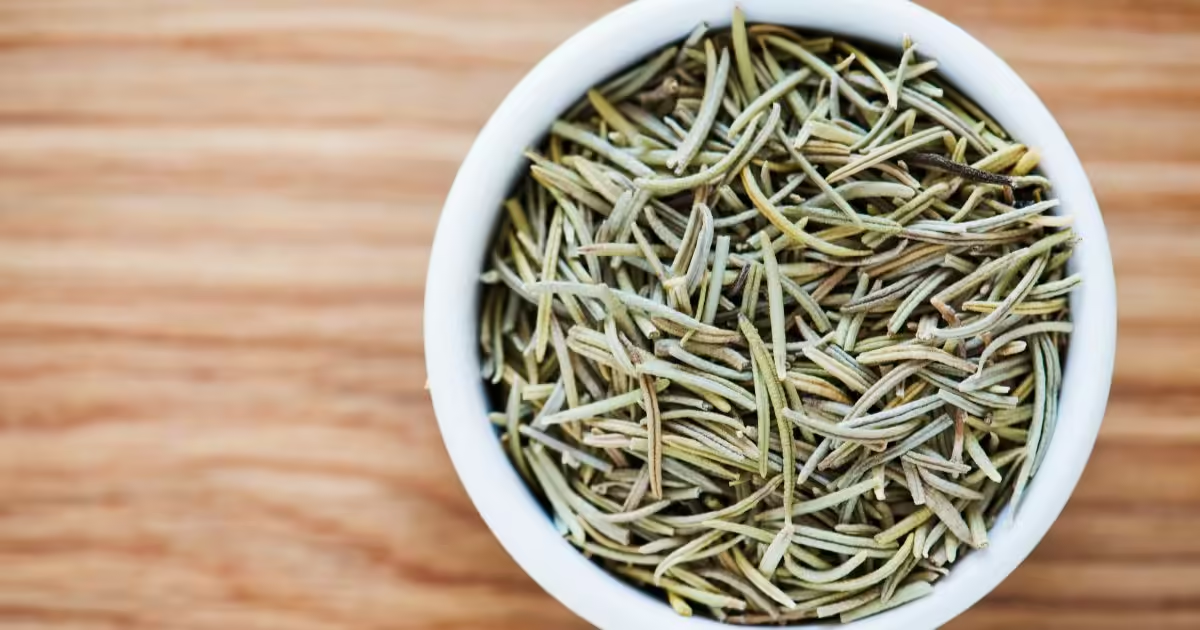
Practical Tips for Maximizing Tea’s Health Benefits
To fully enjoy the antioxidant benefits of tea, consider the following tips:
- Choose High-Quality Tea: Opt for high-quality loose leaf tea or tea bags from reputable sources to ensure you get the maximum antioxidant content.
- Brew Properly: Follow the recommended brewing times and temperatures for each type of tea to preserve its antioxidant properties. For example, green tea should be brewed at lower temperatures (around 175°F or 80°C) for 2-3 minutes, while black tea can be brewed at higher temperatures (around 200°F or 93°C) for 3-5 minutes.
- Avoid Adding Excess Sugar: Sweetening your tea with too much sugar can negate some of its health benefits. Instead, try adding a slice of lemon or a small amount of honey if you prefer a bit of sweetness.
- Drink Regularly: To reap the full health benefits, make tea a regular part of your daily routine. Aim to drink 3-5 cups of tea per day, depending on your caffeine tolerance and personal preferences.
- Experiment with Different Types: Each type of tea offers unique health benefits, so try incorporating a variety of teas into your diet to enjoy a broad range of antioxidants.
Conclusion
Tea is truly an antioxidant powerhouse, offering a myriad of health benefits that can enhance your overall well-being. From protecting your heart and brain to supporting your immune system and promoting healthy skin, the antioxidants in tea play a crucial role in fighting free radicals and reducing the risk of chronic diseases. By making tea a regular part of your daily routine, you can harness its powerful properties and enjoy a healthier, more vibrant life. So, brew yourself a cup of tea, sit back, and savor the health-boosting benefits of this ancient and beloved beverage.
References
- Harvard T.H. Chan School of Public Health – “Tea: A healthy beverage”
- National Center for Biotechnology Information (NCBI) – “Green tea catechins and their health benefits”
- Mayo Clinic – “Green tea: Health benefits and research”
- Healthline – “8 Health Benefits of Black Tea
- WebMD – “The Health Benefits of Tea”
Tagged as: Health Benefits of Tea.
Similar posts

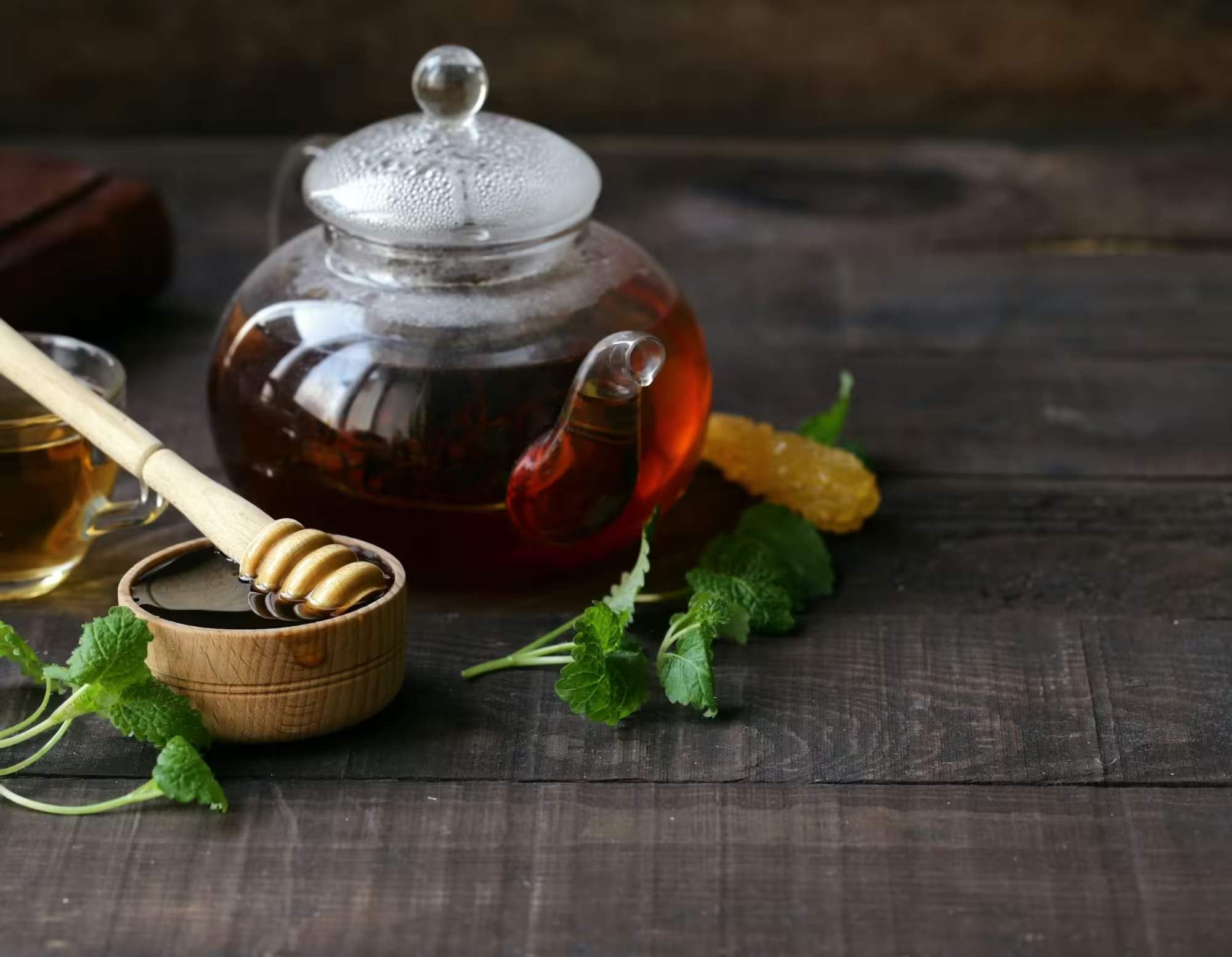
Recent Comments
Categories
Tags
advertisement Best Tea Kettle Ceylon Black Tea Ceylon Green Tea Ceylon tea Ceylon Tea Story Ceylon White Tea Earl Grey Tea Latte fantasy Flowery Orange Pekoe FOP Health Benefits of Tea London Fog Mint Tea OP Slimming Down with Tea Sri Lanka Tea Accessories tea industry Tea Infusers Teapots Tea Time Tea Trade Tea Trays Thai Iced Tea Ultimate Guide to Teapots-
Recent Posts
- The Ultimate Guide to Tea Brewing
- A Comprehensive Review of 3 Must-Have Tea Products on Amazon
- The Ultimate Guide to the Best Tea Essentials on Amazon: Kettles and Teapots You’ll Love
- The Best Teapots for Tea Lovers: Silver vs. Borosilicate Glass
- The Best Teapots for Your Tea Ritual: Glass vs. Cast Iron (Tetsubin)
Archives
Meta
Search in site
Most Popular Podcast
Recent Podcasts
Copyright | Ceylon Wild Tea - All Rights Reserved | 2025


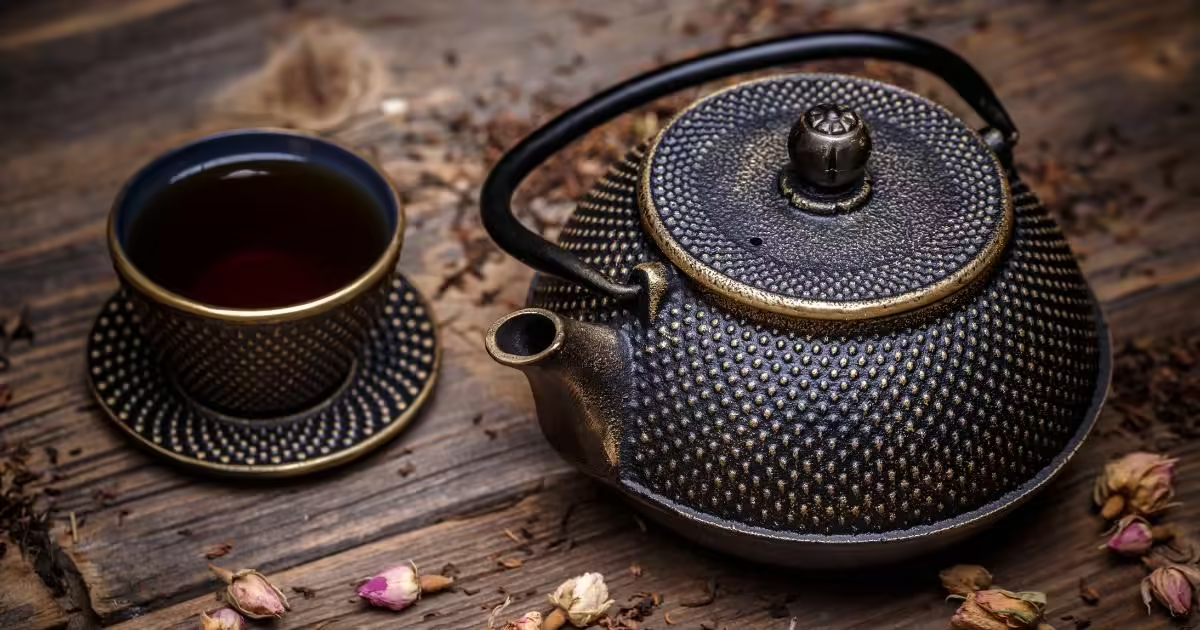

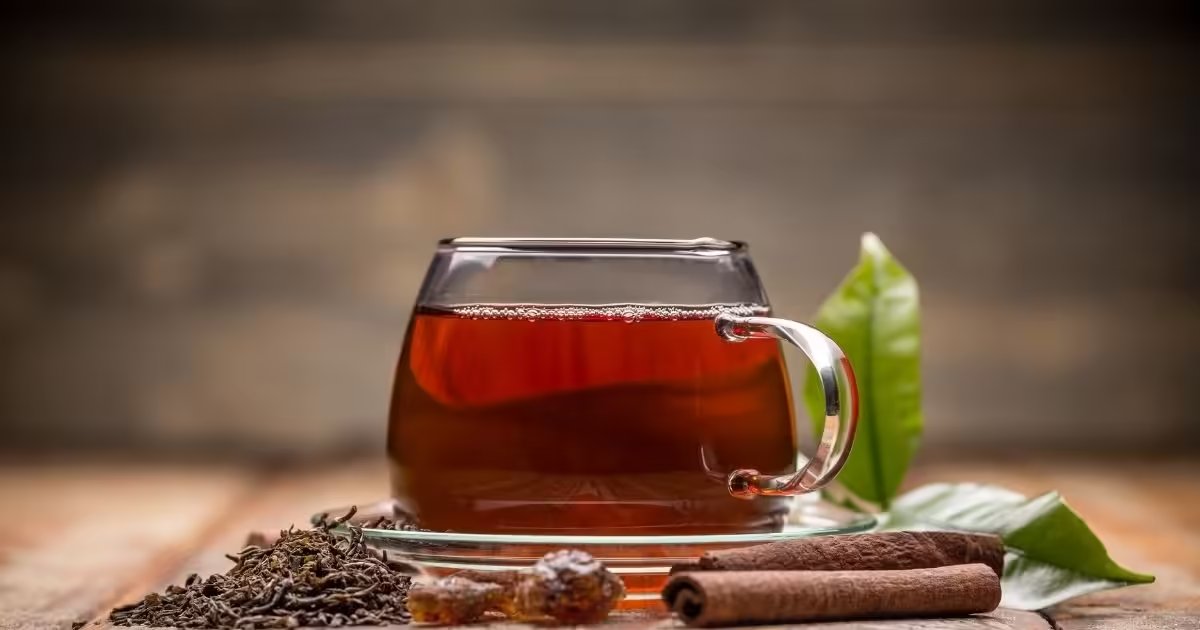
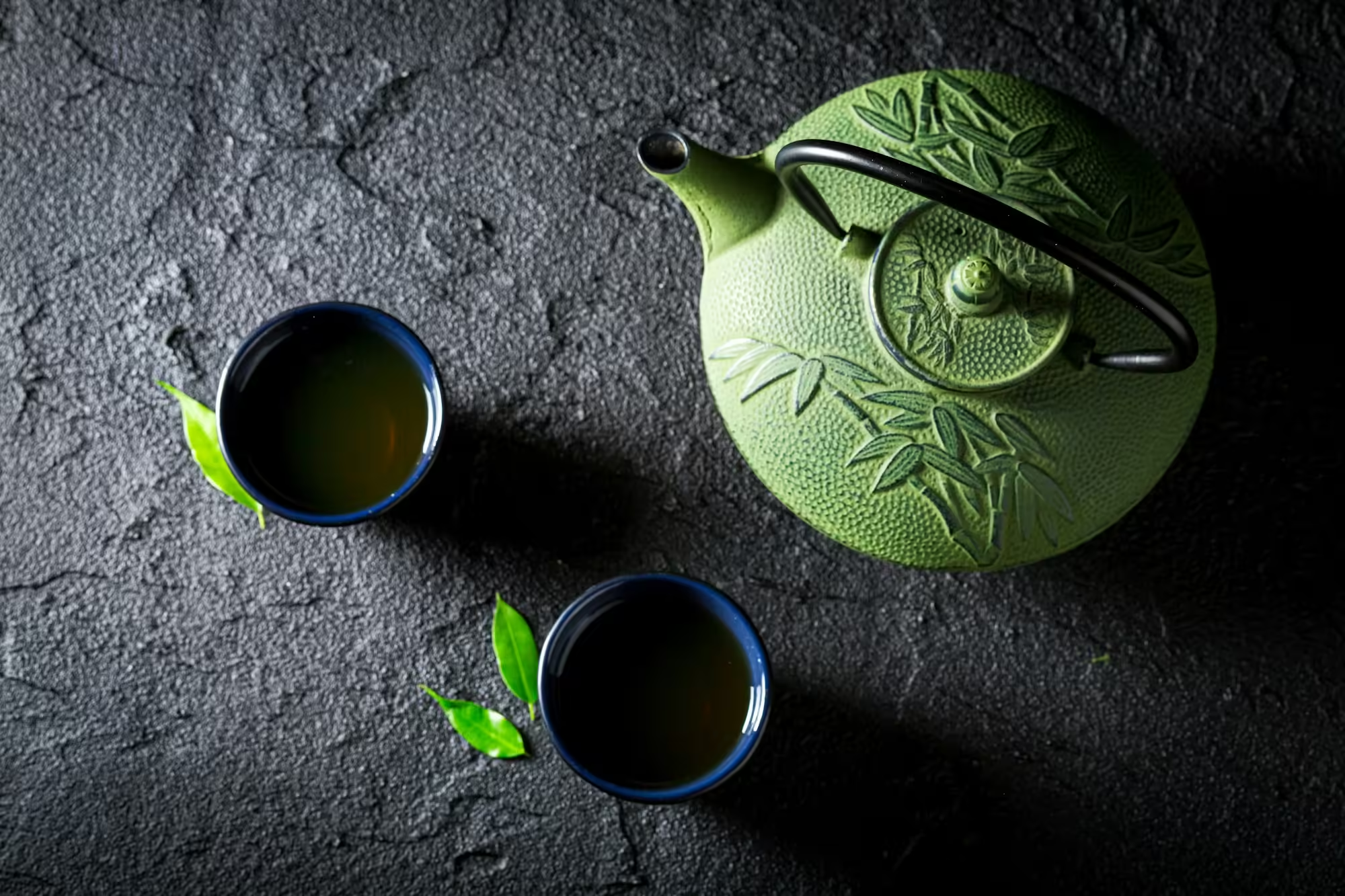
Post comments
This post currently has no comments.